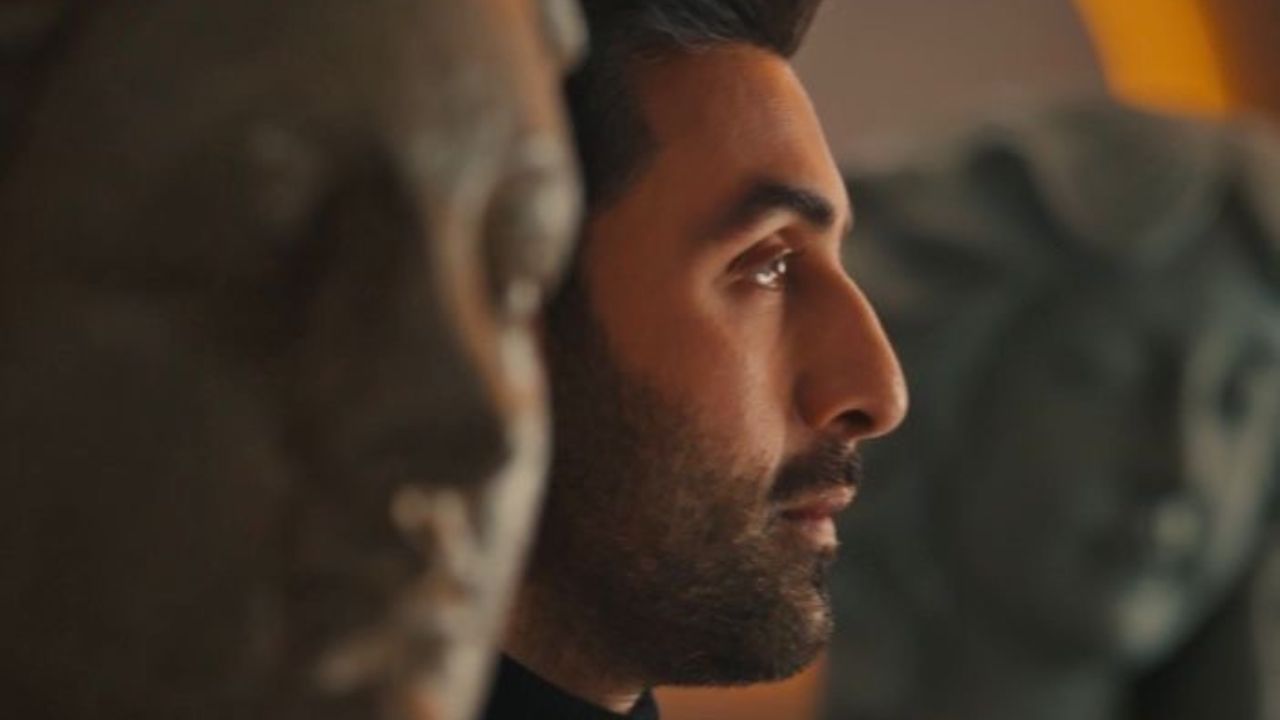After recently rolling out a completely new avatar for its washing powder, Nirma has launched its latest brand communication, this time for its detergent soap variant Nirma Super. TapRoot India has been the creative agency behind the new campaign.
Speaking to Campaign India about the communication, Santosh Padhi, CCO, TapRoot India said, "Since the litmus test in this category is whiteness, we were asked to communicate the results of the Nirma Super bar by moving away from cliched situations involving bathrooms, scrubbing and computer generated dirt. Almost every brand is indulging in that kind of advertising, which is why we refrained from following suit."
Watch the TVC here:
Speaking to Campaign India about the communication, Santosh Padhi, CCO, TapRoot India said, "Since the litmus test in this category is whiteness, we were asked to communicate the results of the Nirma Super bar by moving away from cliched situations involving bathrooms, scrubbing and computer generated dirt. Almost every brand is indulging in that kind of advertising, which is why we refrained from following suit."
Watch the TVC here:
Nirma Super Bar from Campaign India on Vimeo.
The commercial begins with a group of villagers settling down to watch a film off a projector. However, all the people start complaining when they can't see anything clearly, blaming the man who's manning the projector. Someone notices that the screen on which the movie is being projected itself is soiled. A little girl walks over and moves the projector so that it projects the movie on a clean white saree that has been washed by Nirma Super bar. Everyone is happy that they can now watch the movie.
Commenting about the idea behind the campaign and the communication objective, Padhi said, "The idea was to communicate that Nirma Super Cake gives clothes super whiteness in a dramatic, engaging manner. When your whites are super white, they can definitely change the way you experience the world."
TapRoot's last campaign for Nirma comprised a slick commercial and has been completely shot underwater. Speaking on the extremity between the positionings of both TVCs, Padhi says, "The earlier film was for the mother brand Nirma. It was quite close to a holistic corporate platform. The campaign for Nirma Super is a specific product benefit, which the brand has been talking about for the last few years. It falls under the 'whiteness' territory. This film is for a specific TG who are the cake (teekiya) users. This TG generally comes from small towns where detergent bars score over detergents.
The media mix consists of TV and cinema, followed by an outdoor and print campaign. The film has been shot by Gajrao Rao of Code Red Films.




